Presentation: CIRCULAR ECONOMY AND RENEWABLE ENERGY IN VIETNAM. VAHC Club would like to share the presentation of Associate Professor Nguyen Hong Quan, Director of the Circular Economy Development Research Institute, National University of Ho Chi Minh City, Deputy Head of VAHC Club's Technology Chamber at the Sustainable Development and Energy Transition Seminar organized by Icham in coordination with the Italian Consulate General and VAHC Club on September 7, 2023
SELF INTRODUCTION
- Background
- Bachelor (B. Eng., 2002): Environmental Geology (HCM Uni. of Tech, HCM - VNU) - Master (M.Sc., 2006): Faculty of Geo. Science and Earth Obs. (ITC), University of Twente, The Netherlands - PhD (Dr.-ing, 2010): Environmental Hydrology (TU Braunschweig, Germany) - Post-Doc (2013-2014): IHE Institute for Water Education, the Netherlands
- Interest: Circular Economy; Climate Change Adaptation and Mitigation; Social- Ecological system and resilience; Urban Transformation and Sustainability. § Current position: Director, Institute for Circular Economy development, VNU – HCM
- Publications: https://www.researchgate.net/profile/Hong-Quan_Nguyen (including 75 ISI/Scopus indexed papers)
VIETNAM NATIONAL UNIVERSITY - HO CHI MINH CITY
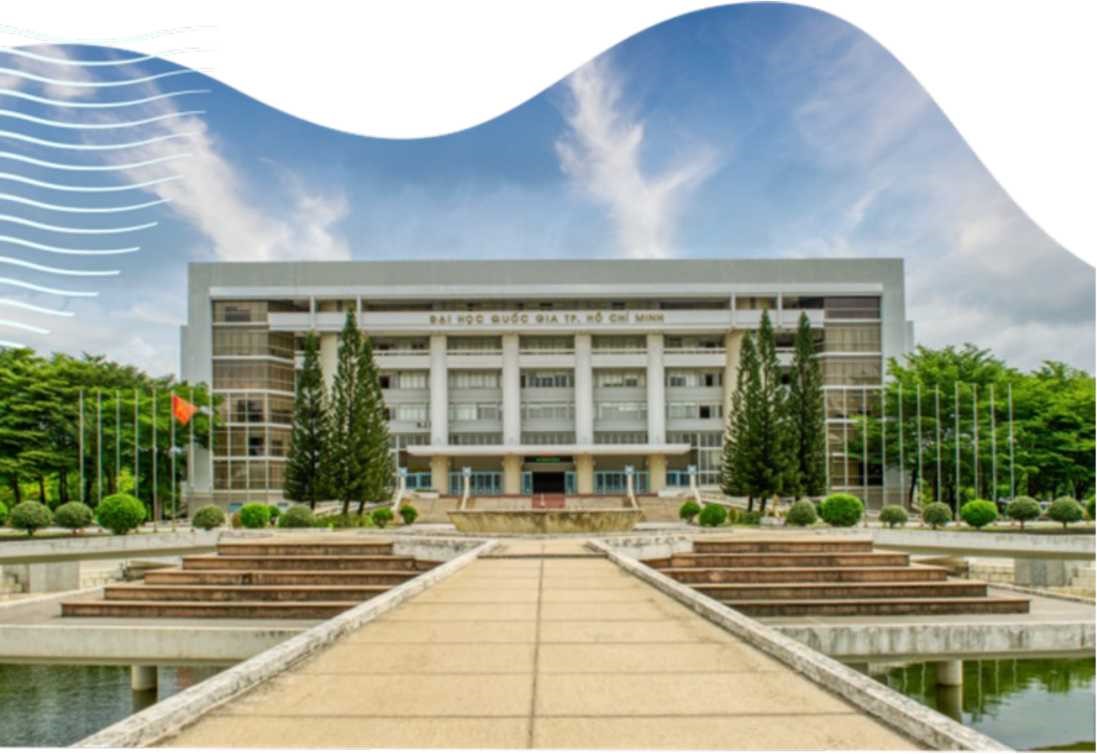 |
|
CIRCULAR ECONOMY
“A circular economy describes an economic system that is based on business models which replace the ‘end-of- life’ concept with reducing, alternatively reusing, recycling and recovering materials in production/ distribution and consumption processes, thus operating at the micro level (products, companies, consumers), meso level (eco-industrial parks) and macro level (city, region, nation and beyond)” (Kirchherr et al., 2017)
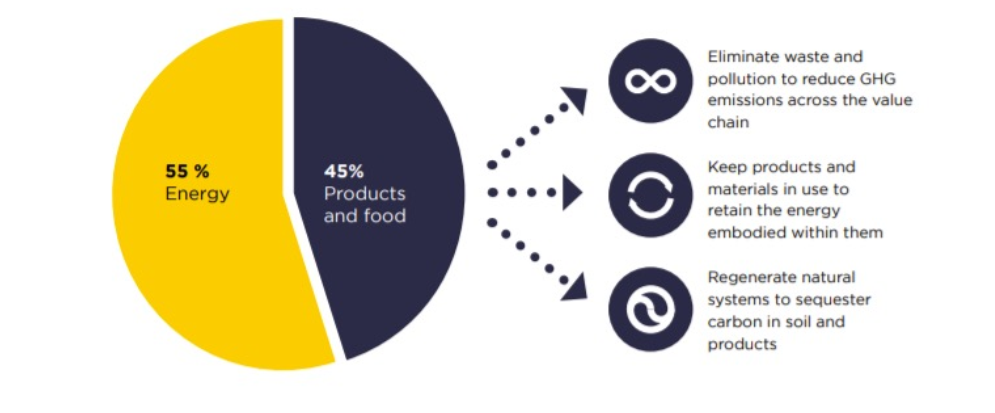
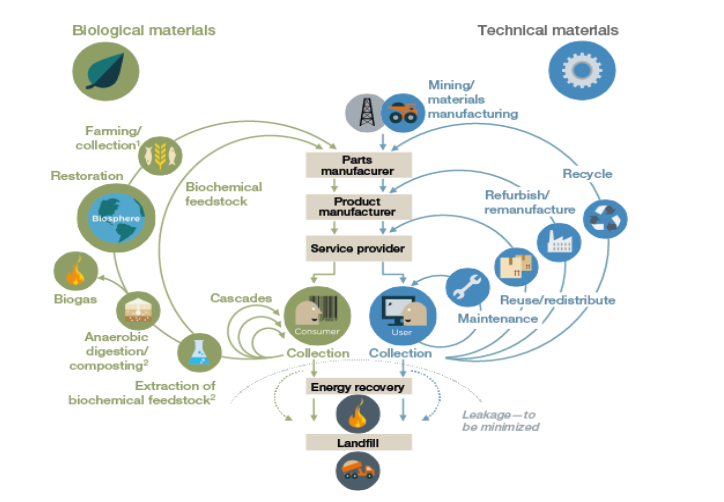
A circular economy is based on the principles of designing out waste and pollution, keeping products and materials in use, and regenerating natural systems.
CIRCULAR ECONOMY IN VIETNAM
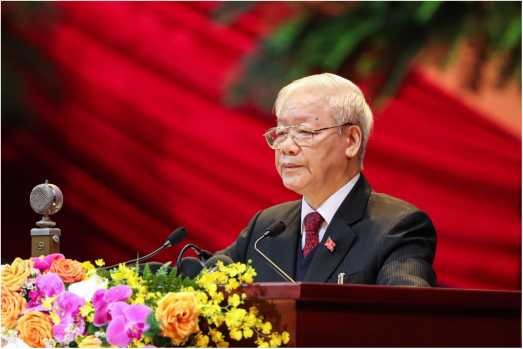
“… to harmonize the relationship between economic development and environmental protection; to develop the green economy with low waste, GHG mitigation, and low carbon; to encourage the development of circular economy for efficient use of the outputs of the production process…”
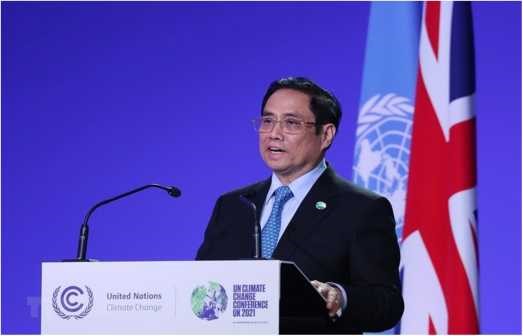
“…Science and technology are pioneer and financial resources as leverages in promoting the transformation towards a green, circular, sustainable, inclusive and humane economy. All actions must embrace nature and people-centered subjects and driving force of sustainable development, leaving no one behind …”
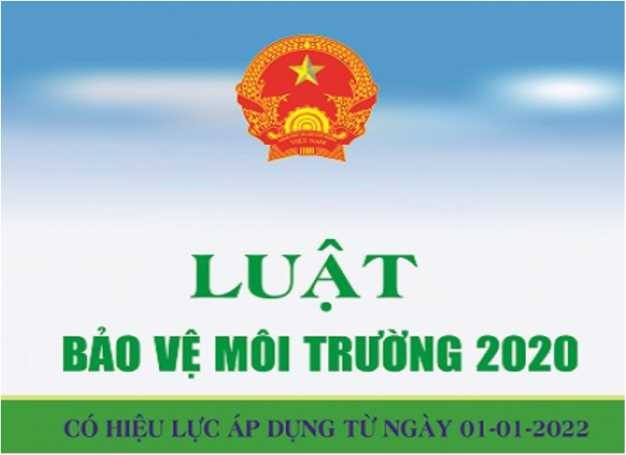
Definition of environmental economics: Article 142, Law on Environmental Protection 2020
Integrate and promote circular economy and green economic models in building and implementing strategies, planning, plans, programs, schemes and projects for socio-economic development.
Clause 11, Article 5, Law on Environmental Protection 2020
Regulations on criteria, roadmap and mechanism for circular economy development
Article 138, Article 139 and Article 140, Draft Decree detailing a number of Environmental Protection Laws
Decree 35/2022/ND-CP regulating the management of industrial parks and economic zones also mentioned a number of important issues in the general economy such as eco-industrial parks, industrial parks as well as an issue related to investment in environmentally friendly industries.
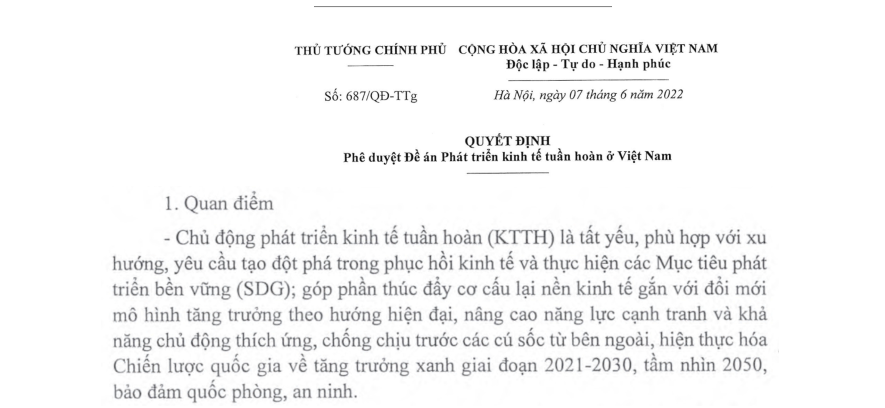
NATURAL RESOURCES AND ENVIRONMENT
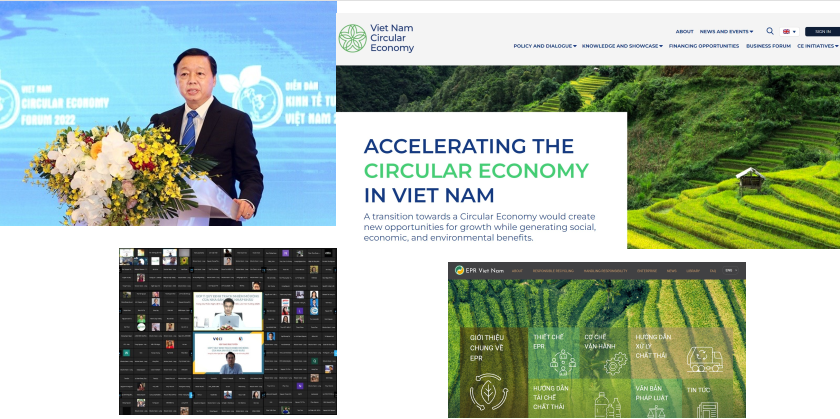
INDUSTRY AND TRADE
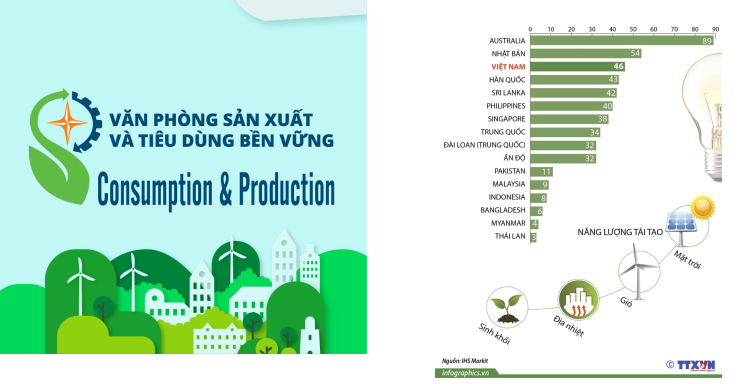
INSITUTE FOR CIRCULAR ECONOMY DEVELOPMENT
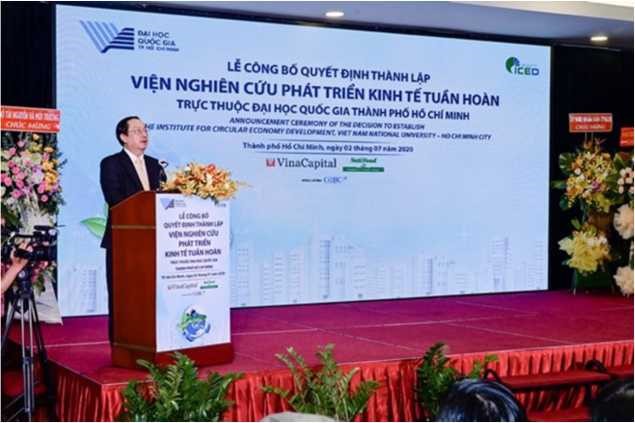
The Launching Day 2nd July 2020
“Circularity Mindset for Sustainable Growth”
Core values
• Pioneer
• Partnership
• Practicality
Missions
• A Linked Platform of Government - Industry - University with relevant stakeholders for CE and the common goals of sustainable development
• Providing practical socio-technological solutions, innovations, policy supports on circular economy in Vietnam
• CE applications cross scales (farms/factories), industry, province, regions, countries

Collaborations
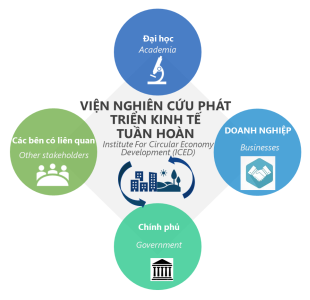
| Government
• MOIT, MPI, MOIT, MOST, MARD, Economics Committee, National Assembly, • Institute Of Policy And Strategy For Agriculture And Rural Development (MARD) • Institute Of Strategy And Policy On Natural Resources And Environment (MONRE) • Vietnam Intellectual Property Research Institute (MOST) • Ho Chi Minh City Institute For Development Studies • Local Provinces/Cities, |
Industry
• NUTIFOOD Food Joint Stock Company • The VINACAPITAL Foundation • PRO VIETNAM S.E. • LAVIFOOD Joint Stock Company • VIESSMANN Group • SIEGWERK, RKW, KimDelta • BECAMEX • Metabolic • MSMEs • … |
International development group
• World Bank, UNDP/UNEP, WWF, GIZ, UNESCO, IUCN, … • AMCHAM, EUCHARM, Embassies, |
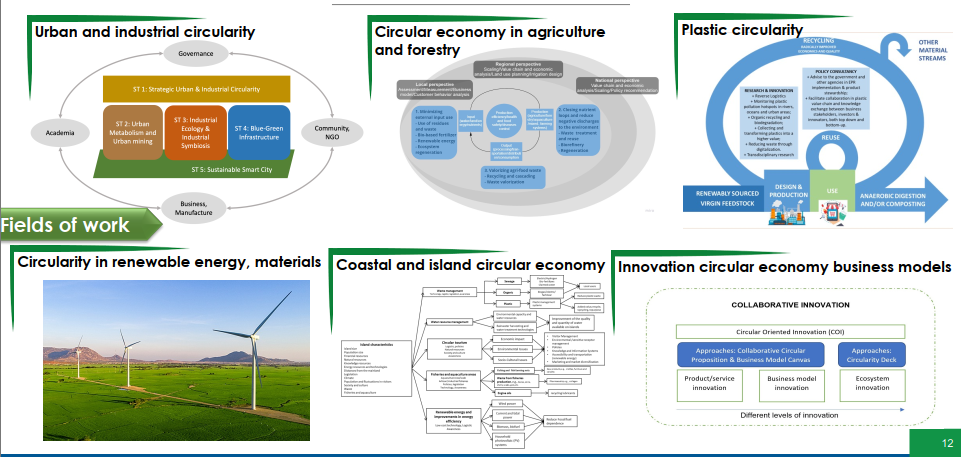
Featured projects
• Project “Development and application of circular economic for sustainable social – economic development in Con Dao island” (The government of Ba Ria - Vung Tau province, 2023)
• Project “Circular economy transition roadmaps for selected industries in Vietnam” (Ministry of industry and Trade – MOOIT, 2022) • Project “HCMC Pilot Project: Maximize Collection Volume of Recyclable waste 2021-2022” (PRO, 2022)
• Project “Plastic plants: measurement of plastic in the Saigon river, Vietnam” (the Netherlands)
• Project “Development of eco-tourism oriented towards circular economy, high tech agriculture, new rural model and smart village in Phu Giao district” (Government of Binh Duong province, 2023)
• Project “Opportunities to Embed Circular Economy Principles in Vietnam’s Provincial Masterplans” (Hanns-Seidel Foundation Vietnam)
• Project “Capacity building program for enterprises to accelerate circular economy (CE) transition in Viet Nam” (UNDP, 2022)
• Project “Developing the chapter ‘Sustainable Development’ of the Laws on Industrial Development” (GIZ, 2023)
• Project "Green solutions for the tea industry: Renewable energy for Vietnam's tea industry” (REPIC, 2023 – 2024)
• Project “Demonstration of improving economic potential based on sustainable and resilient ecosystem services (DIVERSE)” (Bftw, 2023 – 2026)
• Project “Applying artificial intelligence (AI) and internet of things (IoT) to support the sustainable shrimp farming industry under the Circular Economy model in the Mekong Delta” (VNU-HCM, 2022-2024)
• Project “Survey, evaluate and propose policies to apply the Circular Economy model in the Industry and Trade sector to contribute to promoting consumer production” (MOIT, 2022)
• Project “Building a system of indicators to evaluate the implementation of sustainable development goal No. 12 on sustainable production and consumption under the National Action Program on sustainable production and consumption for the period 2021 – 2030” (MOIT, 2022)
• Project "Enhancing circular economy capacity for micro, small and medium-sized enterprises in Southeast Asia” (AJC, 2023)
• Project “Promoting the development of renewable energy through the application of the circular economy model in Vietnam” (TARA, 2023)
• Project “Cross-Road Plan: Planning a Water Transformation Roadmap” (IHE- Delft, 2022 – 2027)
• Project “Developing the ASEAN Action Plan on Science, Technology and Innovation (APASTI) 2026-2035: Phase I” (with Cambridge Uni., 2023)
• Project “Affordable Solar Photovoltaic-Powered Cold Storage in Vietnam” (with Oxford Uni., 2023).
CIRCULAR ECONOMY AND RENEWABLE ENERGY
The circular economy at COP26
We’re incredibly excited to bring our mission — to accelerate the global transition to a circular economy — to COP26.
The conference is a milestone moment in the global transition to a circular economy, and we’ll be hosting and participating in a series of events demonstrating that the circular economy is key to tackling global challenges including climate change and biodiversity loss

Eliminate. Circulate. Regenerate.
The transition to renewable energy is vital in order to tackle climate change — but it’s only half the story. 45% of global greenhouse gas emissions come from the way we make and use products and food. That means we need to redesign our economy — eliminate waste and pollution, circulate products and materials, and regenerate nature — to reduce emissions and meet the targets set out in the Paris Agreement. We need a circular economy to complete the picture.
FRAMEWORK
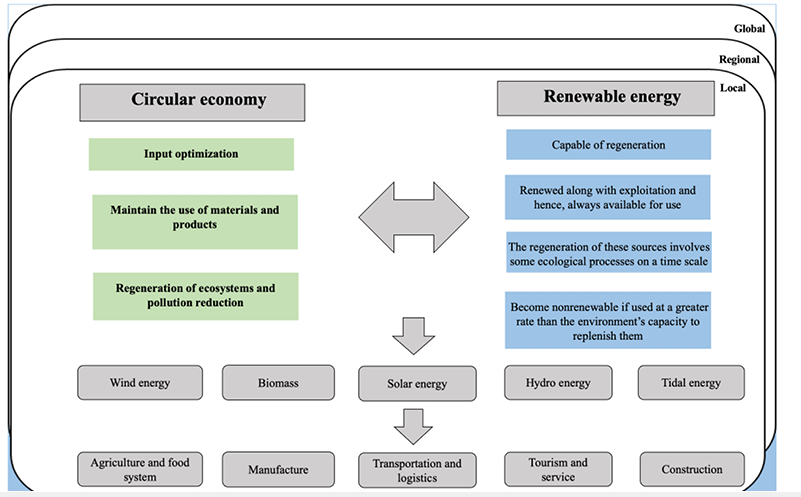
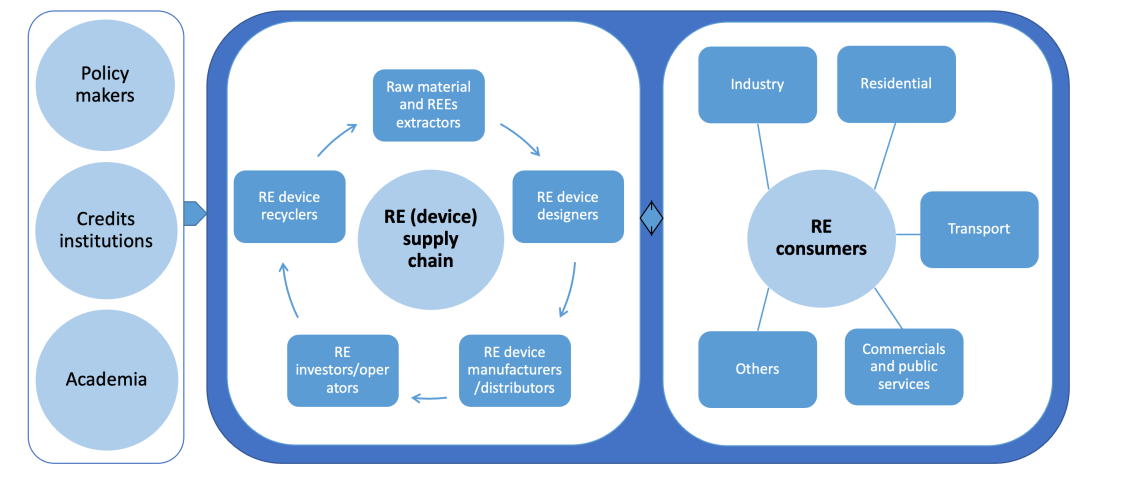
APPLICATIONS
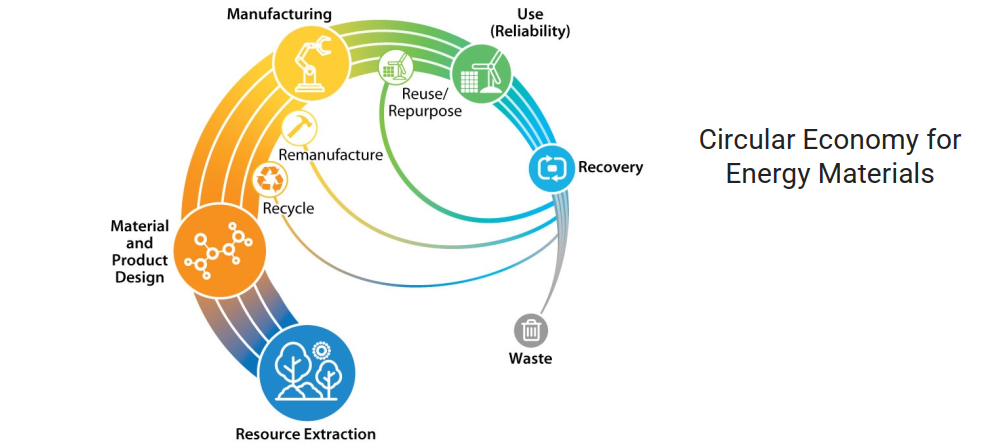
Material recovery opportunities arising annually from the clean-energy sector by 2030
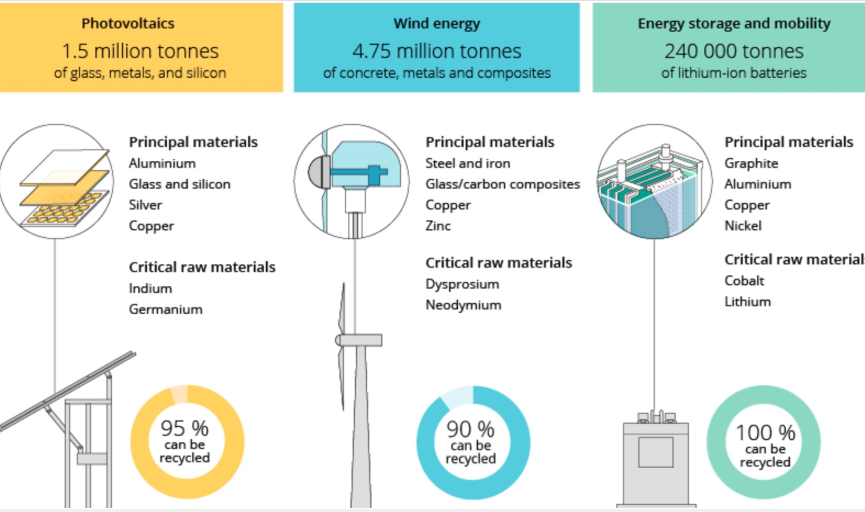
Recycling technologies of lithium-ion battery

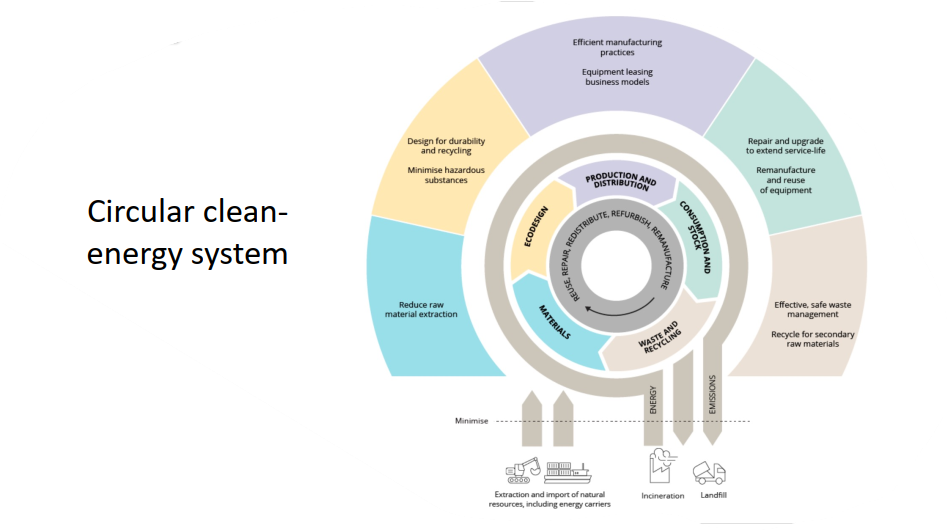
|
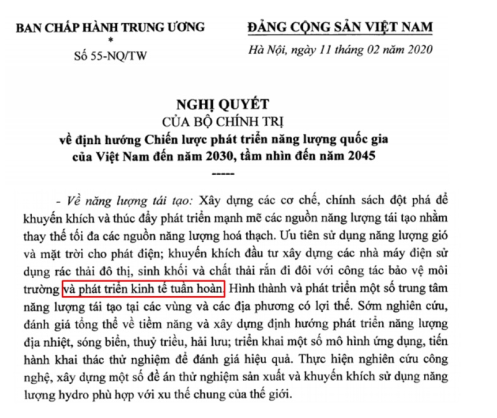 |






